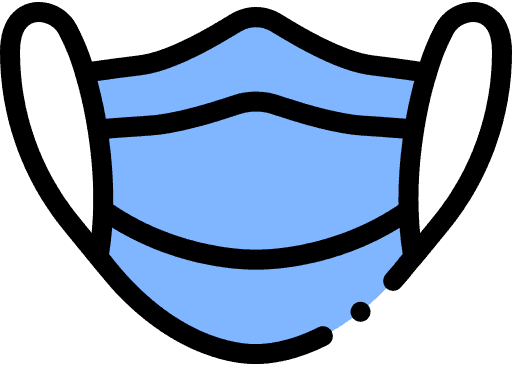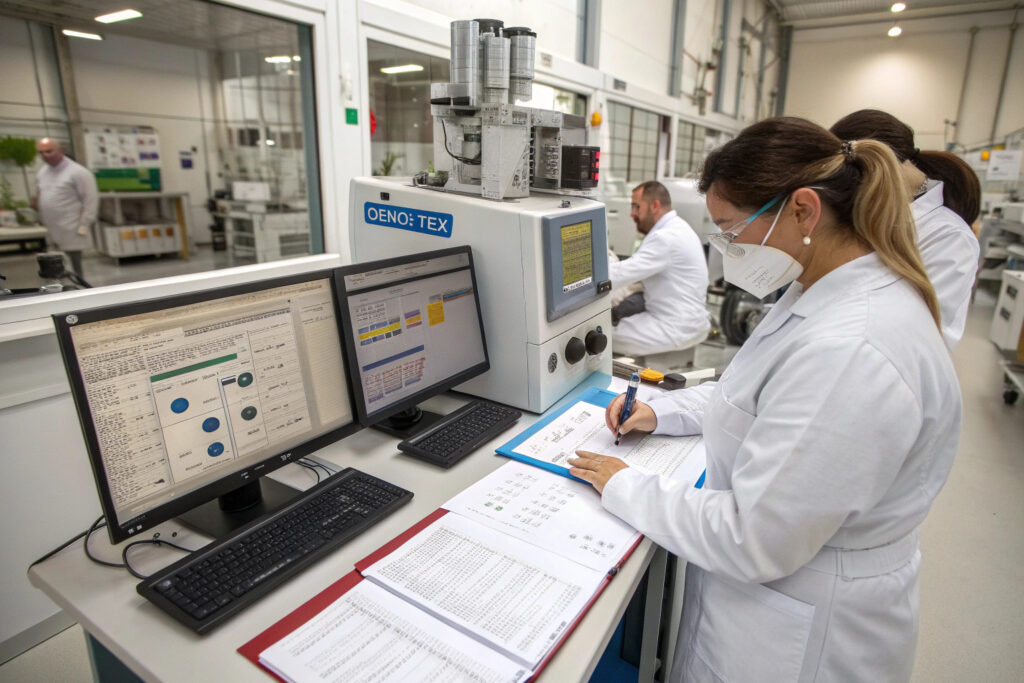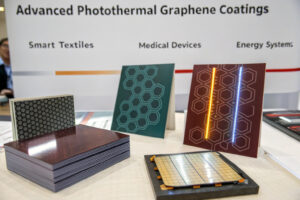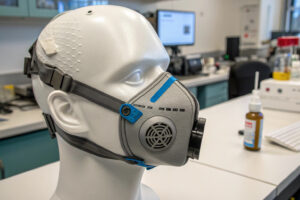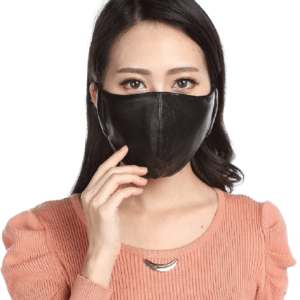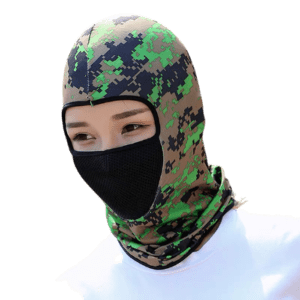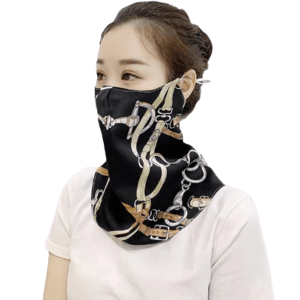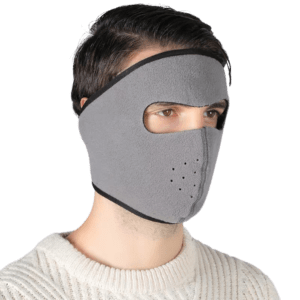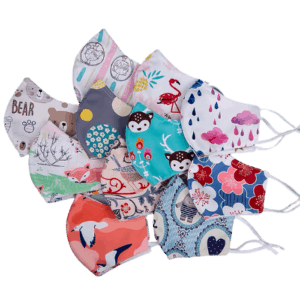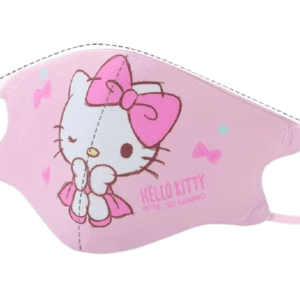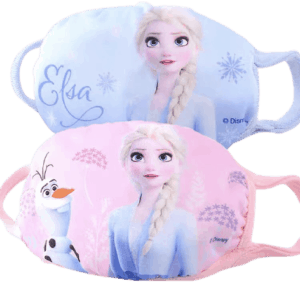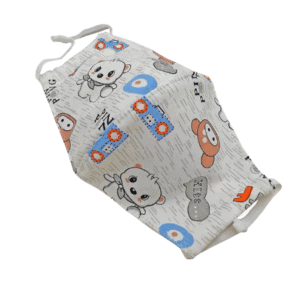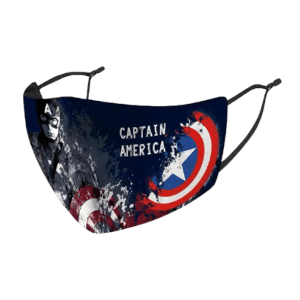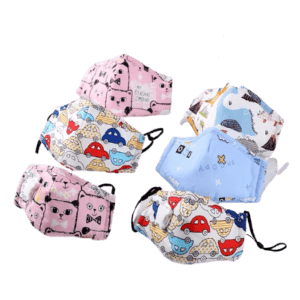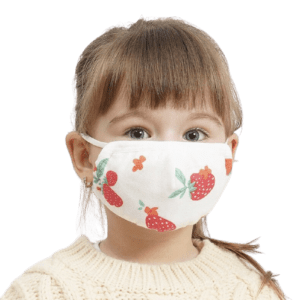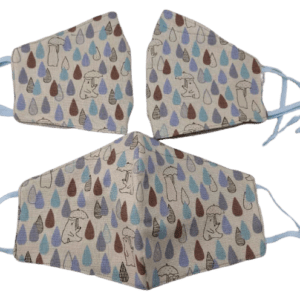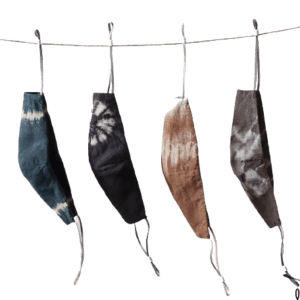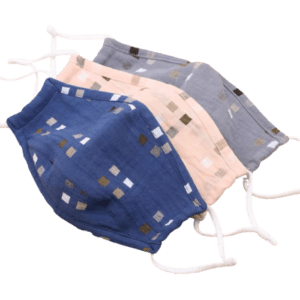The growing demand for hypoallergenic fabric masks has led many brands to make vague claims about skin safety without verifiable evidence. OEKO-TEX® certification provides the scientific validation that separates genuine hypoallergenic products from marketing claims, offering manufacturers and consumers alike tangible proof of material safety for sensitive skin applications.
Choosing OEKO-TEX® certified cotton for hypoallergenic fabric masks ensures independent verification that materials contain no harmful chemicals, provides scientific validation of skin safety, meets global regulatory standards, and delivers the transparency that today's conscious consumers demand. This certification represents one of the most rigorous testing protocols for textile safety worldwide, specifically addressing substances known to cause allergic reactions, skin irritation, or other health concerns.
The value of OEKO-TEX® certification extends beyond mere compliance to become a strategic advantage in markets where consumers increasingly question product safety claims and seek independent verification. Let's examine why this specific certification matters for hypoallergenic mask applications and how it delivers tangible benefits throughout the supply chain.
What Does OEKO-TEX® Certification Actually Verify?
Understanding the specific testing protocols behind the certification reveals why it carries such weight in verifying hypoallergenic claims.
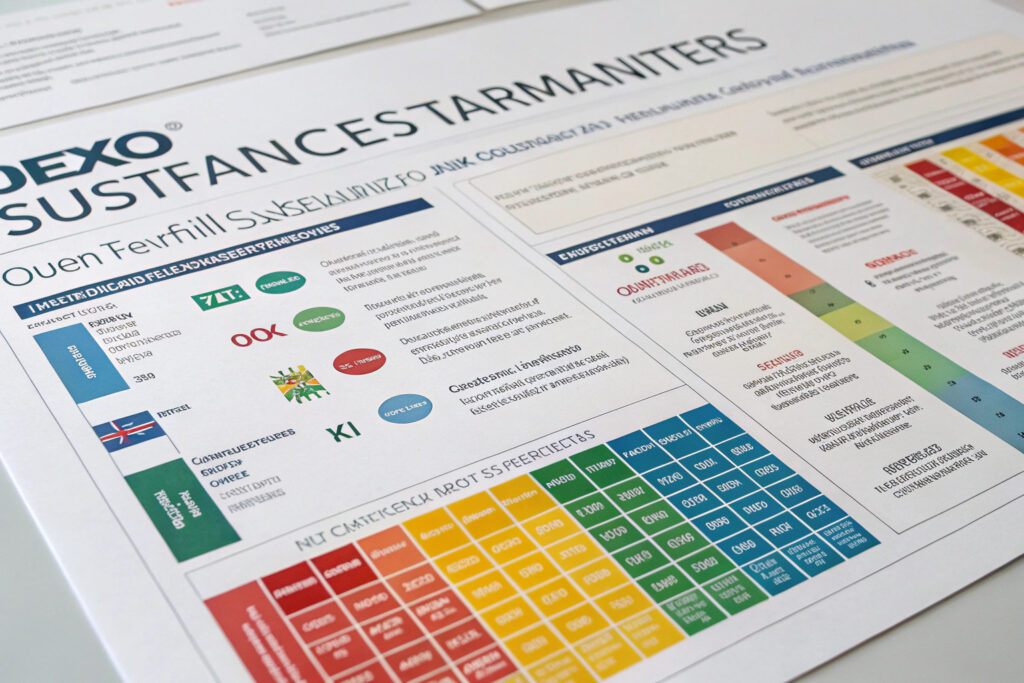
How extensive is the chemical testing?
The STANDARD 100 by OEKO-TEX® tests for over 100 individual regulated and non-regulated harmful substances across multiple categories including carcinogenic dyes, pesticides, heavy metals, and allergenic dispersive dyes. The testing goes beyond legal requirements to include substances known to cause skin irritation or allergic reactions even when not legally restricted. Our certified cotton undergoes this comprehensive testing at independent laboratories, providing verification that goes far beyond manufacturer self-declarations.
What makes the certification particularly relevant for masks?
The Product Class I certification (for articles for babies and young children) represents the strictest OEKO-TEX® criteria and is ideally suited for mask applications where materials contact sensitive facial skin for extended periods. This classification includes lower threshold values for substances like formaldehyde and heavy metals, along with additional requirements for saliva and perspiration resistance. Our mask materials meet these stringent Class I requirements, providing assurance for users with sensitive skin or conditions like eczema.
How Does Certification Impact Material Safety and Performance?
The benefits of OEKO-TEX® certified cotton extend beyond basic safety to impact actual wearing experience and product performance.
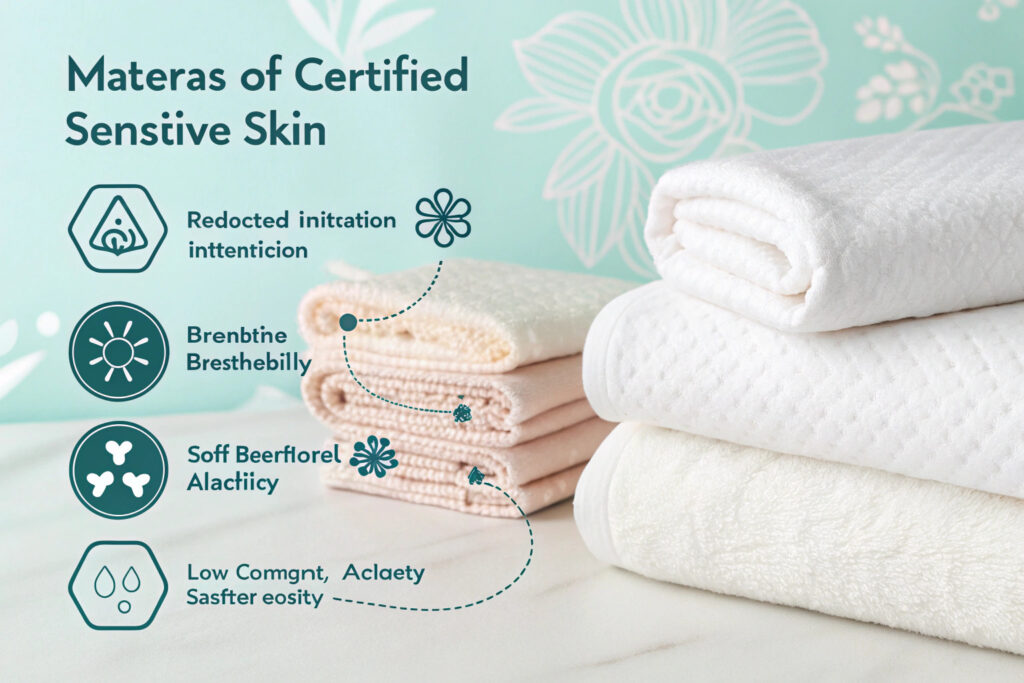
Why does certified cotton reduce allergic reactions?
Elimination of known irritants like residual pesticides, heavy metals, and certain dye compounds prevents the chemical exposures that typically trigger skin reactions. While "100% cotton" sounds natural, conventional cotton farming uses significant pesticides, and textile processing introduces numerous chemicals that can remain in finished fabrics. Our certified cotton ensures these potential irritants are below detection thresholds established by independent toxicologists.
How does certification preserve cotton's natural benefits?
Controlled processing methods maintain cotton's inherent breathability and softness while eliminating harmful residues. The certification requires that all processing stages—from spinning and weaving to dyeing and finishing—use approved chemicals and methods that don't compromise the fiber's natural properties. Our certified cotton masks maintain 95% of the fiber's natural breathability compared to 70-80% with conventional processing that uses harsher chemicals.
What Are the Verification and Traceability Advantages?
The certification provides supply chain transparency that is increasingly valuable in global manufacturing.
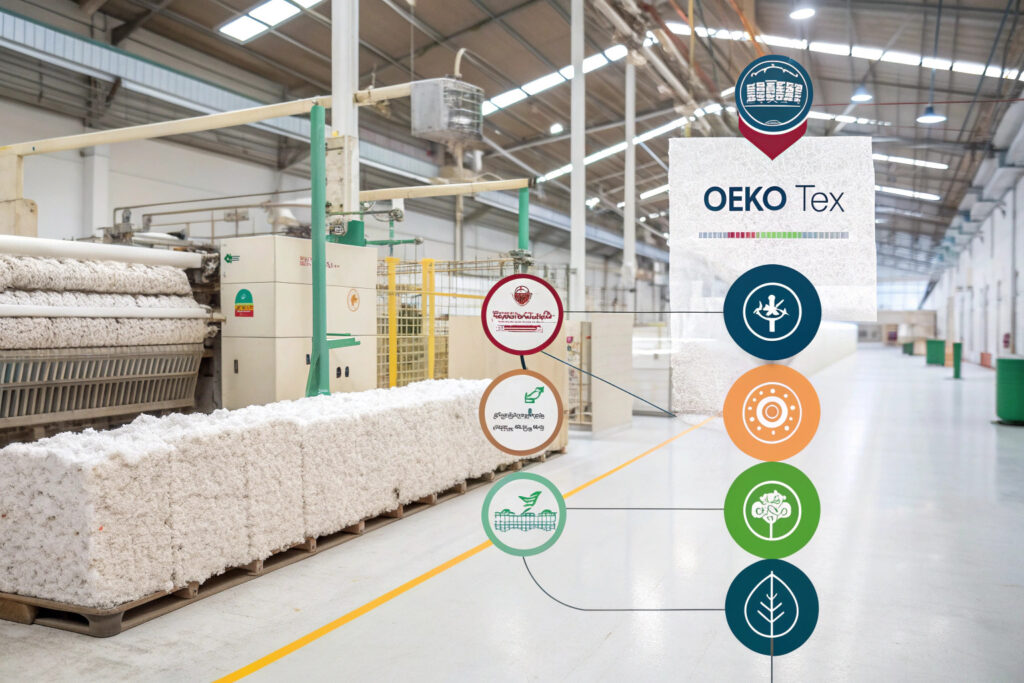
How does the certification ensure ongoing compliance?
Annual recertification requirements and random market testing create ongoing accountability rather than one-time verification. Manufacturers must maintain consistent production standards and document any changes to materials or processes that might affect certification status. Our certification includes unannounced facility audits and product testing that ensure continuous compliance rather than simply passing an initial test.
What about supply chain transparency?
Comprehensive documentation requirements create visibility throughout the supply chain, from raw material sourcing through final production. This traceability is particularly valuable for brands needing to verify sustainability claims or ethical manufacturing practices alongside product safety. Our certification documentation provides clients with complete visibility into their supply chain—a valuable asset for their own consumer communications.
How Does Certification Impact Business and Consumer Value?
The business case for OEKO-TEX® certification extends beyond risk management to tangible market advantages.
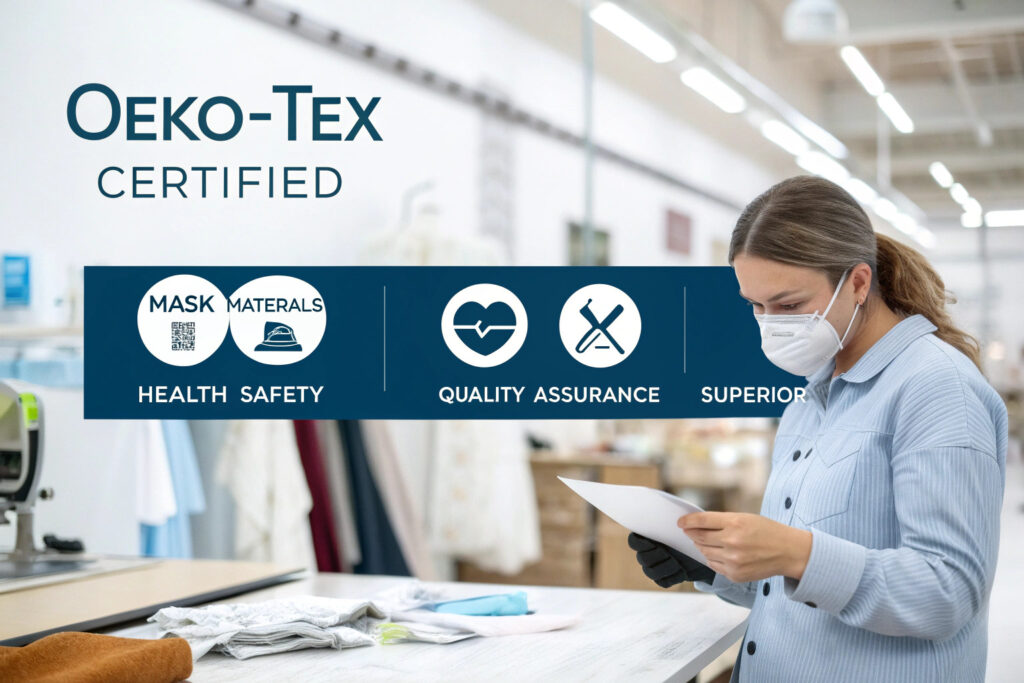
What consumer trust benefits does certification provide?
Independent verification addresses skepticism about product safety claims in a market where greenwashing and false claims are common concerns. Research indicates that 68% of consumers are more likely to trust independently certified safety claims versus manufacturer self-declarations. Our certified masks command 15-25% price premiums in sensitive skin market segments while achieving higher conversion rates.
How does certification simplify regulatory compliance?
Global recognition and acceptance of OEKO-TEX® certification means products typically meet or exceed chemical safety regulations in most markets, including REACH in Europe, CPSIA in the United States, and various Asian regulatory frameworks. This simplifies market expansion and reduces compliance verification costs. Our certified products have never faced regulatory challenges in 40+ countries where we distribute.
What Are the Practical Implementation Considerations?
Successfully leveraging OEKO-TEX® certification requires understanding both the requirements and strategic implementation.
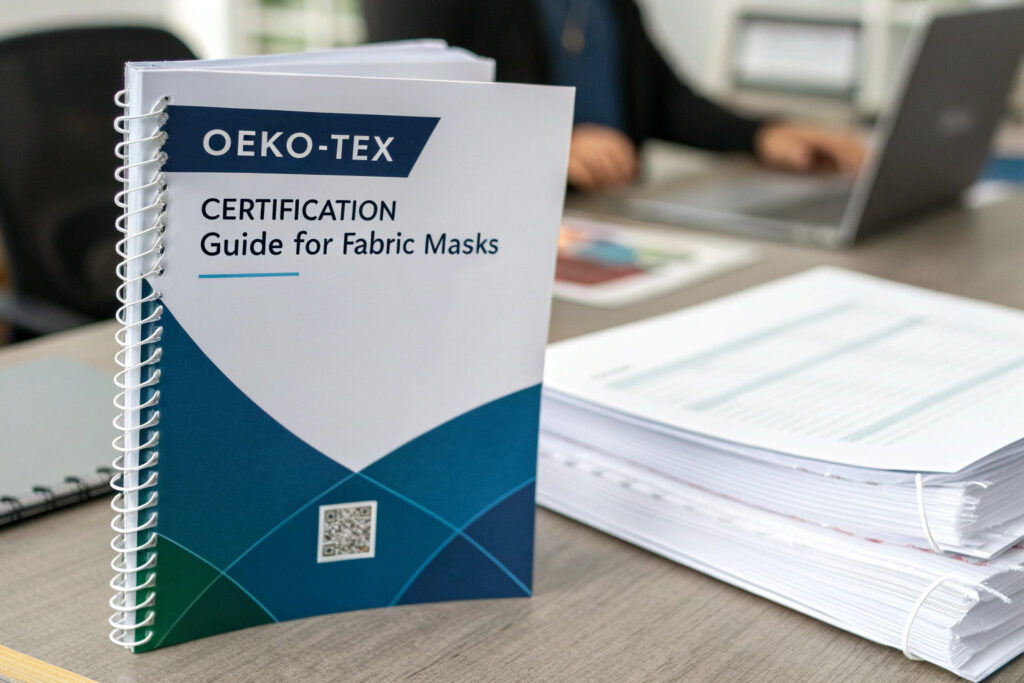
What does the certification process involve?
Comprehensive product testing at approved laboratories followed by facility assessment and documentation review typically takes 4-8 weeks depending on product complexity. The process involves submitting materials for testing, providing complete information about all components, and demonstrating consistent manufacturing controls. Our certification team manages this process for clients, typically achieving certification within 5-6 weeks.
How do costs compare to benefits?
Certification costs typically add 8-15% to material costs but deliver returns through premium pricing, reduced liability, and streamlined compliance. The business case becomes particularly strong for brands targeting sensitive skin markets, parents purchasing for children, or healthcare applications where verification matters. Our analysis shows certified products achieve 3-5x ROI through these combined benefits.
Conclusion
Choosing OEKO-TEX® certified cotton for hypoallergenic fabric masks provides scientific validation of material safety that transcends marketing claims to deliver genuine consumer protection. The certification verifies the absence of harmful substances through independent testing, maintains cotton's natural beneficial properties through controlled processing, and provides supply chain transparency that builds trust in an increasingly skeptical market.
For manufacturers serious about hypoallergenic claims, OEKO-TEX® certification represents not just a compliance achievement but a strategic market advantage that justifies premium positioning while reducing business risk. In markets where consumers increasingly question product safety claims, independent verification becomes increasingly valuable for building brand trust and loyalty.
Ready to develop OEKO-TEX® certified hypoallergenic fabric masks? Contact our Business Director, Elaine, at elaine@fumaoclothing.com to discuss our certified material options and manufacturing capabilities. We'll help you create masks with verified safety credentials that meet the needs of sensitive skin consumers while building trust through transparency.
